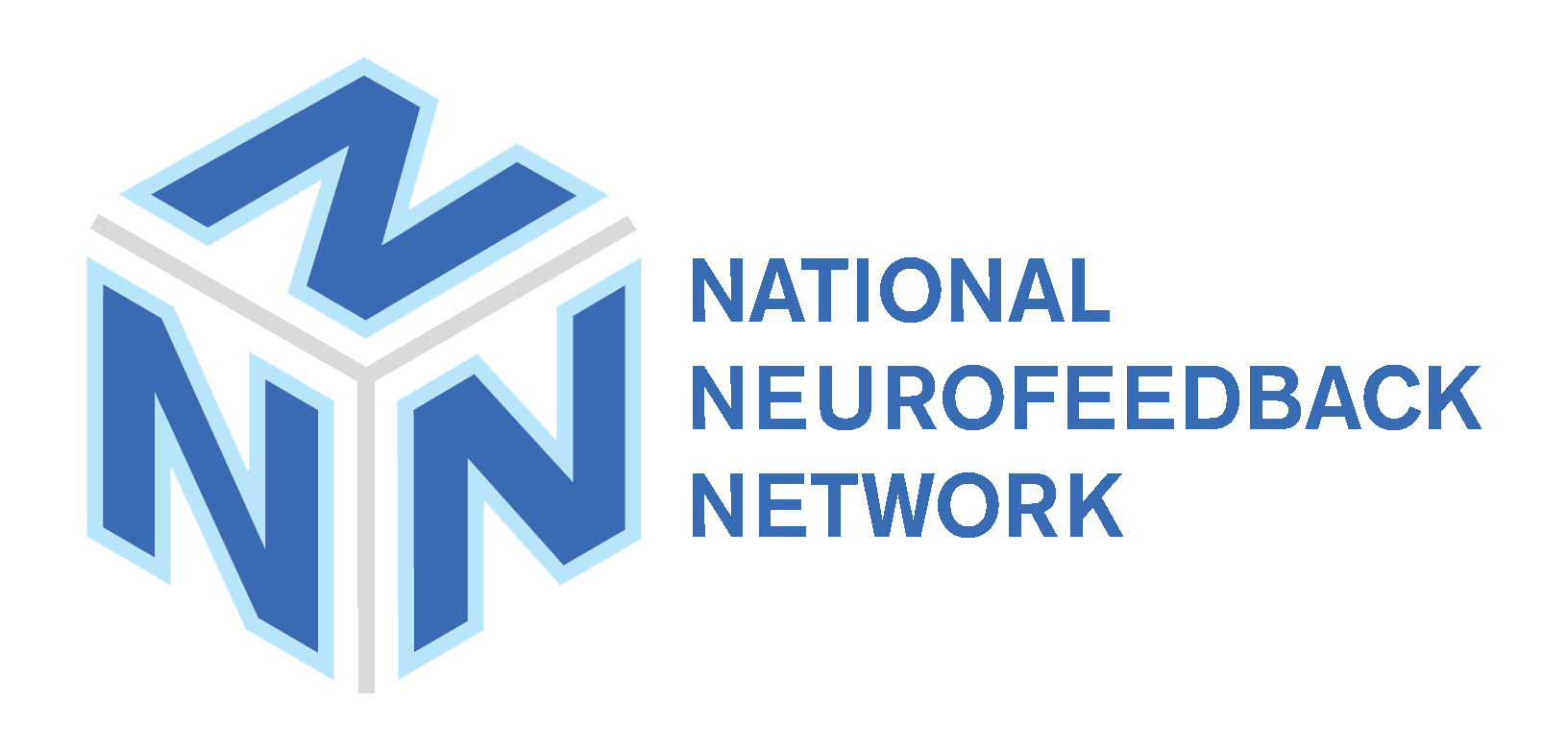It is estimated that over 17 million Americans of all ages suffer from clinical depression annually. According to the National Institute of Mental Health, Depression is a common but serious illness, and most people who experience it need treatment to get better. Manifested in several different forms, depression can be effected, perhaps even caused by, genetics, environment, alterations in biochemistry, or an illness of mind or body. In short, depression, like most illnesses involving the brain, is as individual as the people who have it. Whatever its origin, depression not only impacts all aspects of the patient’s life but the lives of their family, friends, and co-workers.
This site offers a brief and understandable overview of the symptoms, causes, and treatments of depression. It is not intended to be used to diagnosis, advise or treat anyone. In addition, no information on this site, or links offered to information on this site, should be considered or used as a substitute for medical advice, diagnosis, or treatment.
Symptoms of Depression
People who are depressed may experience some or all of the following symptoms:
- trouble sleeping or excessive sleeping
- dramatic change in appetite, often with weight gain or loss
- fatigue and lack of energy
- feelings of worthlessness, self-hate, and inappropriate guilt
- extreme difficulty concentrating
- agitation, restlessness, and irritability
- inactivity and withdrawal from usual activities
- feelings of hopelessness and helplessness
- recurring thoughts of death or suicide
Adults who are depressed typically suffer from low self-esteem and an inability to enjoy activities that used to interest them. In some cases, they may be prone to sudden, unprovoked bouts of anger. Depressed children on the other hand, may act out, have trouble sleeping, or sleep too much. Their schoolwork is often affected by an inability to focus and may be the first indication of a problem.
Causes of Depression
Recent research has discovered some structural differences in the brains of most people suffering from depression. People who are depressed have a smaller hippocampus, the part of the brain where memories are stored, than those who are not depressed. Depression sufferers also seem to produce an excessive amount of the stress hormone cortisol. This discovery has led some scientists to theorize that cortisol is toxic to the hippocampus and may affect the ability of the hippocampus to produce Serotonin.
Medication
Therapists often prescribe medication during the course of therapy to help a patient cope with the debilitating symptoms of depression. The goal is to eliminate, or at least lessening the patient’s feelings of anxiety and overwhelming sadness, enabling him or her to interact more productively with the therapist and cope with day to day activities. Yet many of these drugs have side effects, some more serious than others. Moreover, while they may relieve the symptoms experienced during a depression temporarily, they don’t address the actual cause.
Treating depression is often a case of trial and error before the best medicines or combination of medicines can be found for the patient. Since anti-depressants often taken several weeks before they are fully effective and side effects begin to lessen, discovering the right treatment calls for patience. Furthermore, going off anti-depressants abruptly can cause withdrawal symptoms that could make the depression worse. However, if patients give themselves a chance to get used to the medication or to switch over to one that is more effective, they should find it well worth the effort.
An alternative to years of talk therapy or/and medication – Neurofeedback
Neurofeedback is a form of biofeedback and has been used to treat various brain disorders including depression in adults and children for the last thirty years. During the last decade, it has been gaining more and more acceptance among the established medical community as both an alternative therapy and a way to boost the effects of medication and psychotherapy. Since neurofeedback is non-evasive and doesn’t change the body’s chemistry, it can be an excellent option when patients have a bad reaction to medication. It also
Neurofeedback works directly on brain wave activity and can be equally effective in treating depression whether the condition is caused by an emotional trauma or physical injury. Patients suffering from depression exhibit brain activity that slower than normal. Using neurofeedback, patients learn to adjust the speed of their brain waves to calm down or to focus more effectively as needed. After a relatively short span of time, this training becomes the “normal” behavior for the brain, reducing or eliminating the need for medication. What’s more, for many patients, this change is a permanent one.
